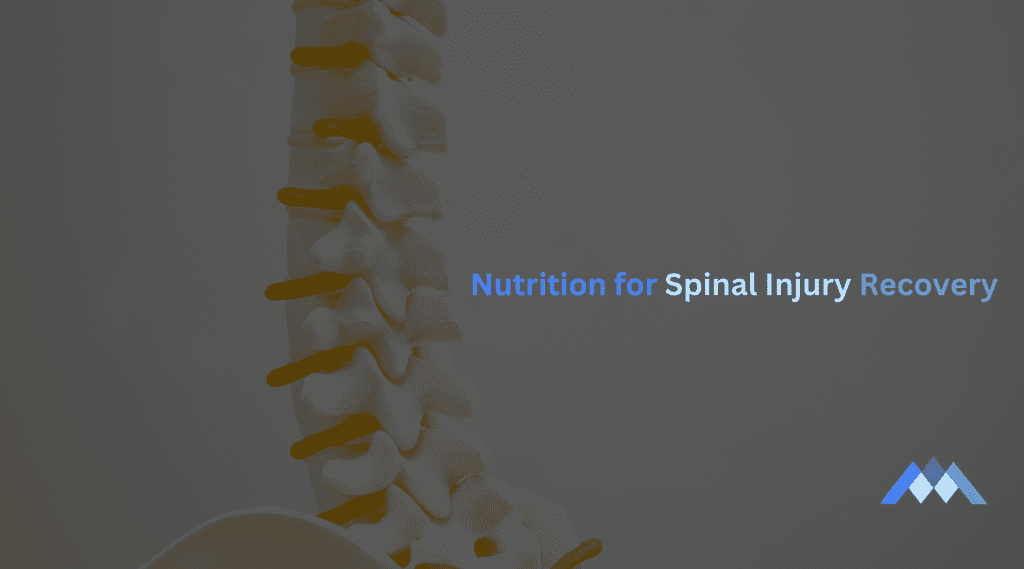Navigating Spinal Injuries Road to Recovery and Rehabilitation
Introduction:
Understanding the journey of recovery from spinal injuries is crucial for individuals and their support networks. Spinal injuries, caused by accidents, falls, or medical conditions, demand specialized care and attention.
Understanding Spinal Injuries:
Spinal injuries vary, including fractures, dislocations, and compression injuries, each requiring unique treatment approaches. Identifying common causes and risk factors helps in adopting preventive measures to minimize potential harm.
Immediate Steps After a Spinal Injury:
Prompt and appropriate medical response is critical in minimizing damage. Early intervention significantly impacts the recovery trajectory, preventing complications and enhancing subsequent rehabilitation efforts.
Navigating the Road to Recovery:
Recovery involves a phased approach, recognizing the individualized nature of each case. Understanding the stages and goals is pivotal for successful rehabilitation.
Physical Therapy for Spinal Injuries:
Tailored exercises aid in rebuilding strength and mobility. Consistent therapy sessions are vital for sustained progress, and adherence to the prescribed exercise routine is key.
Emotional and Mental Well-being:
Acknowledging and addressing the psychological impact of spinal injuries is integral to holistic recovery. Professional counseling and a robust support system significantly contribute to mental health during the recovery phase.
Adaptive Technologies and Aids:
Technological advancements, such as assistive devices for daily living and cutting-edge technologies like virtual reality and exoskeletons, enhance independence in daily activities and aid spinal injury recovery.
Nutrition for Spinal Injury Recovery:

A well-balanced diet plays a crucial role in the recovery process, supporting the body’s healing mechanisms and contributing to overall well-being.
Holistic Approaches to Recovery:
Complementary therapies, like acupuncture and yoga, complement traditional approaches to enhance recovery. Recognizing the mind-body connection fosters a holistic approach to rehabilitation.
Challenges Faced During Recovery:
Resilience and adaptability are crucial in navigating challenges, setbacks, and plateaus. Learning from setbacks is a crucial aspect of the recovery journey.
Success Stories:
Real-life success stories provide inspiration and hope. Analyzing these stories helps understand strategies that led to successful recovery.
Building a Support System:
A strong support system, comprising family and friends, plays a pivotal role in the recovery journey. Engaging with community resources and networks offers additional support and shared experiences.
Navigating the Workplace After a Spinal Injury:
Returning to work may require accommodations. Advocating for these adjustments ensures a smooth transition. Regaining confidence in the workplace is a gradual process, with a supportive work environment being key to successful reintegration.
Long-term Strategies for Spinal Health:
Maintaining spinal health post-recovery involves adopting preventive measures and lifestyle changes. Regular exercise, a balanced diet, and mindful living contribute to long-term spinal health.
Conclusion:
In conclusion, navigating the road to recovery and rehabilitation after a spinal injury requires a multifaceted approach. By addressing physical, emotional, and long-term considerations, individuals can embark on a journey towards a fulfilling and healthy life post-injury.
References:
https://www.ncbi.nlm.nih.gov/pmc/articles/PMC4303793/
https://www.mayoclinic.org/tests-procedures/spinal-cord-injury-rehabilitation/about/pac-20395044

APEX SPORTS CLINIC
Search Here
Book An Appointment
Quick Links
Contact us
- Email Address
- admin@apexsportsclinic.sg
- Address
- #18-12, Royal Square Medical Center,101 Irrawaddy Road, Novena, Singapore 329565
- Phone
- +6587745468
- Address
- #03-03/04, i12 Katong, 112 East Coast Road, Singapore 428802
- Phone
- +6583219004
APEX SPORTS CLINIC
Search Here
Book An Appointment
Quick Links
Contact us
- Address
- #18-12, Royal Square Medical Center,101 Irrawaddy Road, Novena, Singapore 329565
- +6587745468
- Address
- #03-03/04, i12 Katong, 112 East Coast Road, Singapore 428802
- +6583219004
- Email Address
- admin@apexsportsclinic.sg

APEX SPORTS CLINIC
Quick Links
Search Here
Book An Appointment
Contact Us
- Email Address
- admin@apexsportsclinic.sg
- Address
- #18-12, Royal Square Medical Center,101 Irrawaddy Road, Novena, Singapore 329565
- Phone
- +6587745468
- Address
- #03-03/04, i12 Katong, 112 East Coast Road, Singapore 428802
- Phone
- +6583219004